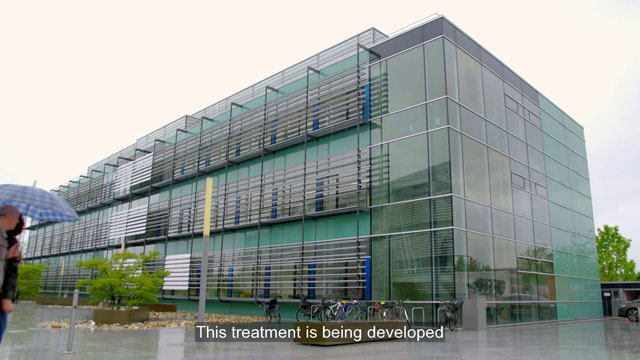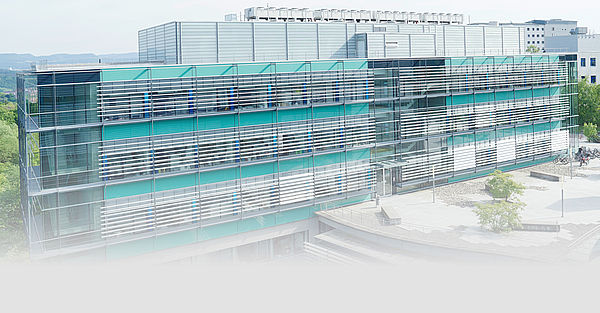
News
-
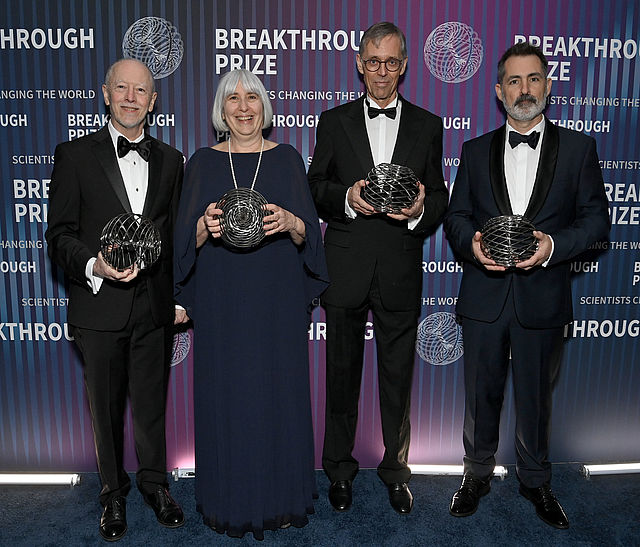
"2024 Breakthrough Prize in Life Sciences" for Prof. Thomas Gasser
Prof. Thomas Gasser, chair of the board of directors at the HIH and director of the “Department for Neurodegenerative Diseases”, has been awarded the “2024 Breakthrough Prize in Life Sciences” endowed with US$ 3 Mio, during the Prize Ceremony in LA on Saturday, together with Ellen Sidransky and Andrew Singleton for discovering genetic risk factors for Parkinson’s disease.
-

World Parkinson's Day April 11, 2024
How do you win the most valuable science prize in the world and how does a scientist reach the top of his competence?
The Hertie Foundation's portrait of Prof. Thomas Gasser, Chairman of the Board of the Hertie Center for Neurology, shows how the doctor and researcher made his way to the "Breakthrough Prize in Life Sciences 2024". This award will be presented to him in a ceremony in Los Angeles on Saturday, April 13, 2024.
On April 11 is World Parkinson's Day - read the portrait about him here (in German)
-
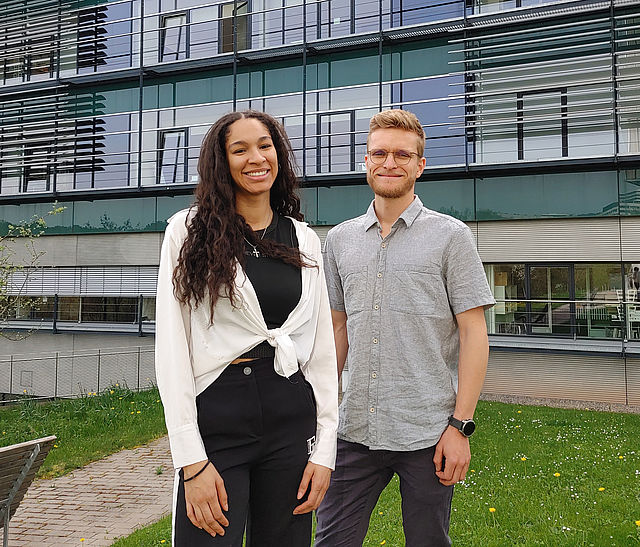
Johannes Dichgans Scholarship
Congratulations to Lukas Baier and Edueni Erharhaghen for receiving the Johannes Dichgans doctoral scholarship for one year.
Lukas Baier will be supported by PD Dr. Justus Marquetand and Prof. Markus Siegel from the Department of “Neural Dynamics and Magnetoencephalography”.
Edueni Erharhaghen will be supported by Prof. Holger Lerche and Dr. Thomas Wuttke from the Department of “Neurology and Epileptology”.
-
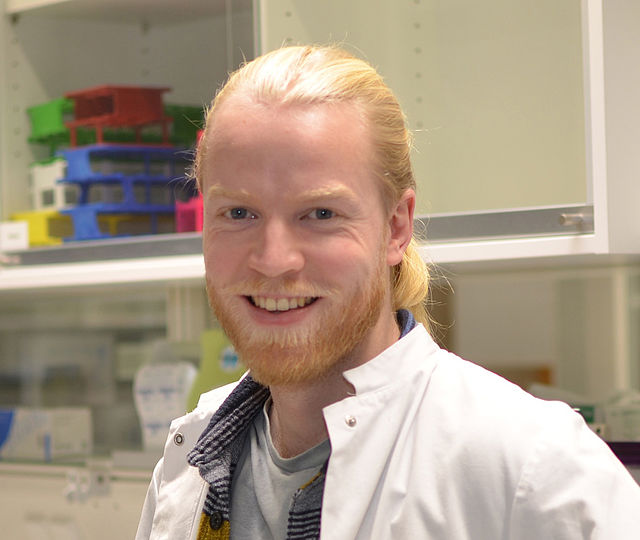
Best Poster Award
Congratulations to Clemens Sauter, PhD student in Dr. Stefan Hauser's research group “Advanced Cellular Models of Neurodegeneration” (Department for Neurodegenerative Diseases of Prof. Thomas Gasser), on winning the "Best Poster Award" for his poster about "Morphological and functional analyses in spastin-deficient iPSC-derived cortical neurons" during the "Stem Cells in Neuroscience" meeting, which took place from March 11 to 13, 2024 in Tübingen.
Clemens Sauter received the award together with Judit González Gallego (LMU Munich) and Larissa Breuer (DZNE Berlin).
-

International Women's Day March 8, 2024
On International Women's Day on March 8, 2024, Prof. Dr. Dr. Ghazaleh Tabatabai, head of the Department of Neurology and Interdisciplinary Neuro-Oncology at the HIH, and Prof. Dr. Lisa Sevenich, new research group leader in this department, answer 5 questions as part of the Cluster of Excellence "Image-guided and Functionally Instructed Tumor Therapies" (iFIT), to which they both belong.
-
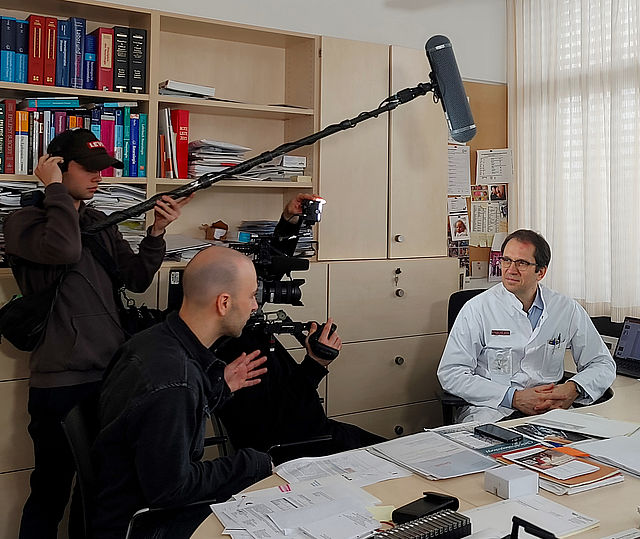
“Doc Fischer” on SWR
A SWR team from the health series “Doc Fischer” visited the HIH, the Neurological Clinic and the University Clinic for Neurosurgery for a tv report on the topic of epilepsy.
Prof. Holger Lerche, head of the Department of “Neurology and Epileptology” at the HIH, together with Dr. Ulrike Hedrich-Klimosch (research group leader at the HIH), Dr. Silke Ethofer (senior physician at the University Clinic for Neurosurgery) and an epilepsy patient, were accompanied for a day with the camera.Watch it in the ARD Mediathek in German (starting from Min. 11:00)
-
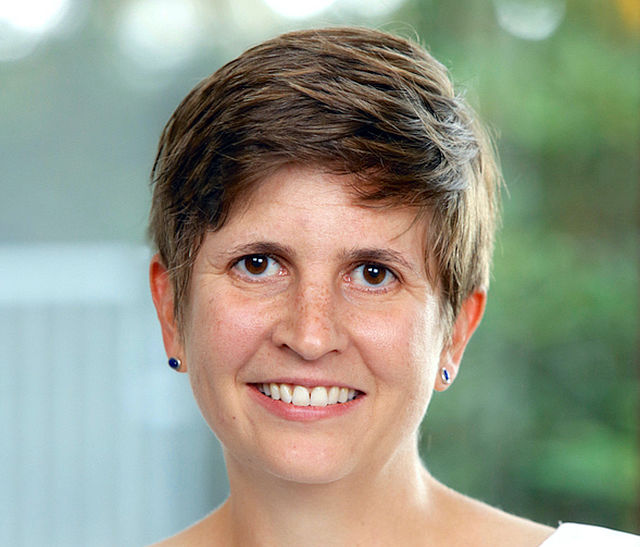
New at the HIH: Prof. Dr. Lisa Sevenich
Welcome to the HIH: We warmly welcome Prof. Dr. Lisa Sevenich with her research group “Experimental Neuroonco-Immunology” in the Department of Neurology and Interdisciplinary Neuro-Oncology of Prof. Dr. Dr. Ghazaleh Tabatabai.
Prof. Sevenich's research focuses on tumor immunology in brain cancer in particular brain metastasis. -

New research group of Dr. Stefan Hauser
Dr. Stefan Hauser and his research group "Advanced Cellular Models of Neurodegeneration" is the newest addition to the HIH in the Department of Neurodegenerative Diseases of Prof. Dr. Thomas Gasser. Dr. Hauser focuses on the development of cutting-edge cellular models for the study of monogenetic neurodegenerative diseases
The HIH congratulates him and wishes him much success in his future research projects.
Departments
-
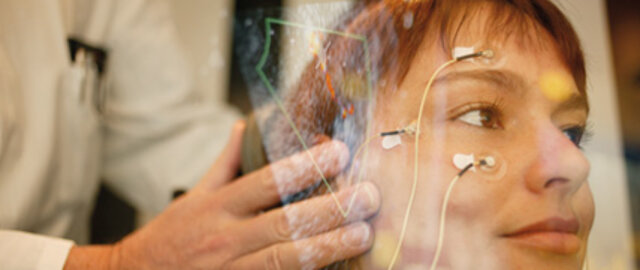
Neurology and Stroke
The Department of Neurology and Stroke has the main focuses in neurovascular medicine (vessel diseases of the brain, cerebral stroke), neuro-oncology (brain tumors, brain metastases), neuro-immunology (e.g., multiple sclerosis) and neuro-intensive medicine. ...more information
-
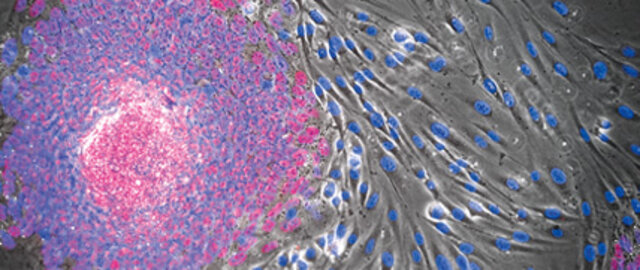
Neurodegenerative Diseases
The Department of Neurodegenerative Diseases treats in-patients on a ward of about 20 beds and in several out-patient clinics. The clinical focus lies on neurodegenerative diseases such as Parkinson’s disease, the ataxias, spastic paraplegias, and dementias. ...more information
-

Neurology and Epileptology
The Department of Neurology and Epileptology has a focus on epilepsy and other paroxysmal neurological disorders. In these diseases, the excitability of nerve cells temporarily changes either due to genetic or acquired defects. ...more information
-
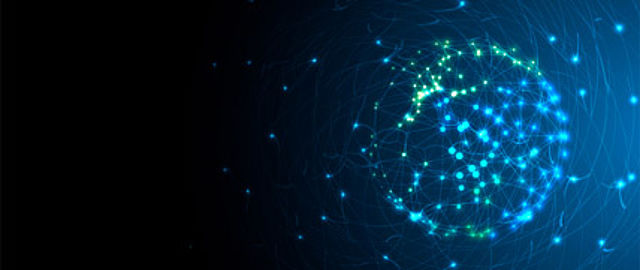
Department of Neurology and Interdisciplinary Neuro-Oncology
The Department of Neurology and Interdisciplinary Neuro-oncology (Director: Prof. Ghazaleh Tabatabai) is a department covering both inpatient and outpatient clinical care... More information
-
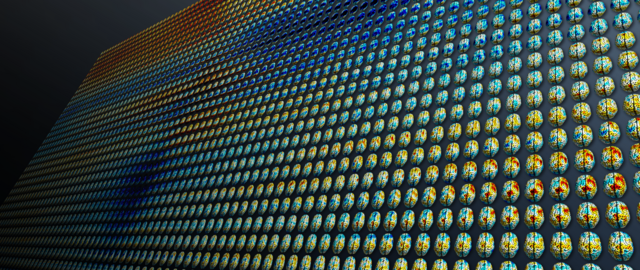
Neural Dynamics and Magnetoencephalography
The Department of Neural Dynamics and Magnetoencephalography was founded in the year 2020 and Prof. Dr. Markus Siegel was appointed head of the department. ...more information
-
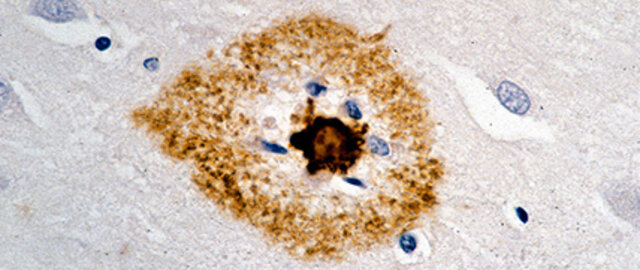
Cellular Neurology
Our research focus is on the cellular and molecular mechanisms of brain aging and age-related neurodegenerative diseases, with a special emphasis on the pathogenesis of Alzheimer´s disease and other cerebral proteopathies ...more information
-
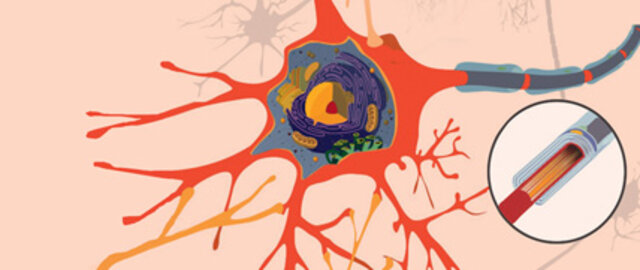
Independent Research Groups
The independent research groups at the HIH focus on a variety of research topics ...more information
Research groups
-
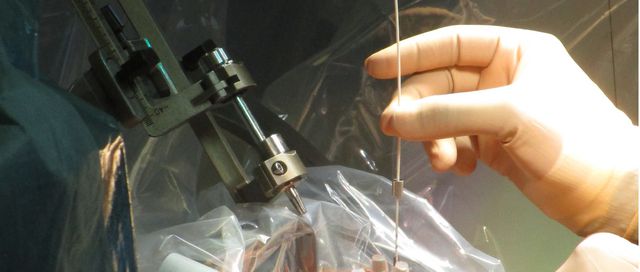
Helfrich Lab
Human Intracranial Cognitive Neurophysiology
The goal of the Helfrich lab is to unravel the neural network mechanisms supporting higher cognitive functions ...more info
-
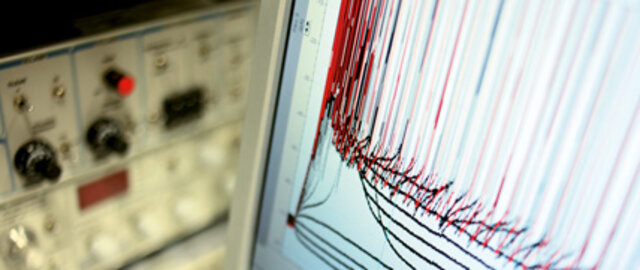
Ziemann Lab
Brain Networks and Plasticity
The human brain possesses the remarkable capacity of reorganization, which is the basis for adapting to constantly changing environmental conditions. This plasticity is of paramount importance ...more information
-
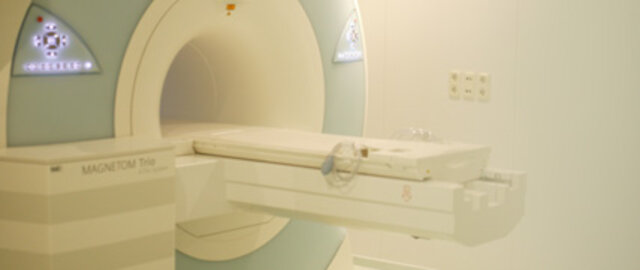
Himmelbach Lab
Neuropsychology of Action
The Research Group "Neuropsychology of Action" is dedicated to investigations of human action control. We study clinical impairments of action control and their neural substrates in patients with brain damage ...more information
-
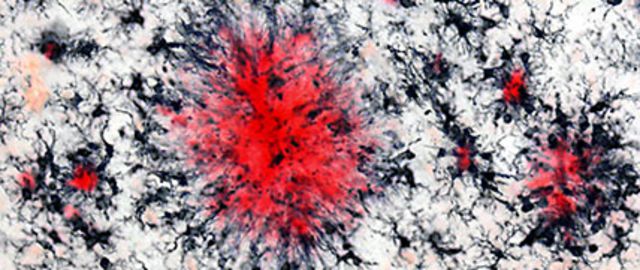
Neher Lab
Experimental Neuroimmunology
An immune response is part of most neurological diseases, and the development of late-onset Alzheimer's Disease (AD) has been linked to immune related genes and most recently also to epigenetic modifications. ...more information
-
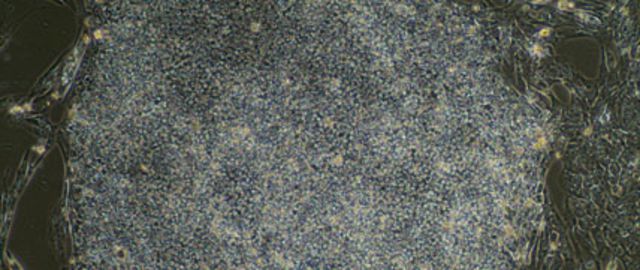
Gasser Lab
Genetics of Parkinson's disease
Parkinson's syndrome (PS) is the second most common neurodegenerative disease after Alzheimer's dementia. The vast majority of patients are ill with no apparent cause. ...more information
-

Laske Unit
Dementia Research Unit
The Dementia Research Unit is a clinical research unit of the Department of Cellular Neurology and the Department of Psychiatry. It closely collaborates with the outpatient Memory Clinic. ...more information
-
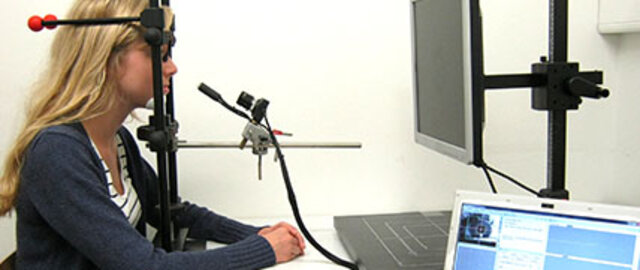
Ilg Lab
Oculomotor Laboratory
Playing video-games is a widely distributed leisure activity in our society. In order to estimate the consequences of video-game play, we study the details of eye movements and pupil light responses ... more information
-
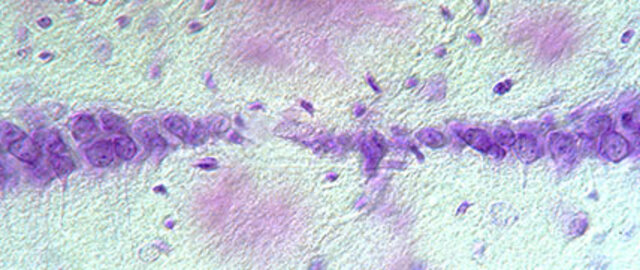
Jucker Lab
Experimental Neuropathology
Cerebral proteopathy is a unifying term for cerebral neurodegenerative diseases in which aggregated proteins are abnormally deposited in the brain. The hallmark proteopathy is Alzheimer's disease (AD) ...more information
-
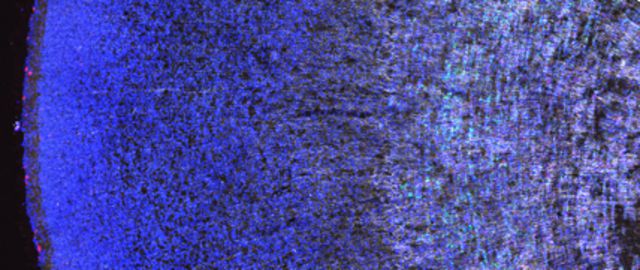
Mayer Lab
Molecular Brain Development
The mammalian neocortex is a highly complex and spatially heterogeneous structure, which has expanded significantly in mammalian evolution. Neocortical network function is at the heart of cognitive function ...more info
-
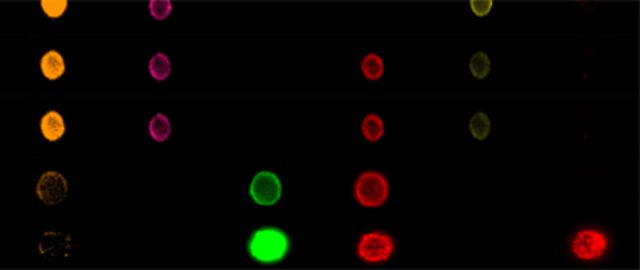
Kowarik Lab
Neurological B cell Immunology
The research group “Neurological B cell Immunology” is focused on the role of B cells in neuro-inflammatory diseases including multiple sclerosis (MS) and... more information
-
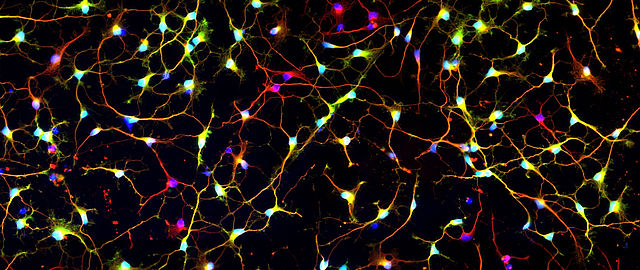
Hauser Lab
Advanced Cellular Models of Neurodegeneration
The research group focuses on the development of cutting-edge cellular models for the study of monogenetic neurodegenerative diseases ...more info
-

Siegel Lab
Neural Dynamics and Magnetoencephalography
The central goal of the laboratory is to investigate how cognition and behavior emerges from dynamic interactions across widely distributed neuronal ensembles... more information
-
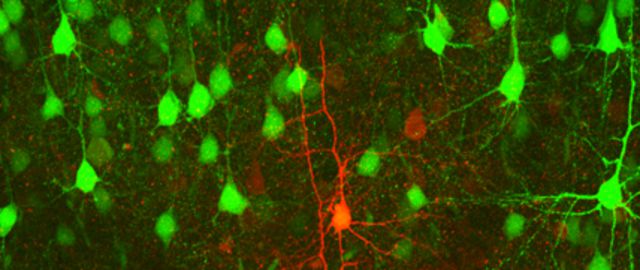
Hedrich-Klimosch Lab
Experimental Neurophysiology of Channelopathies
Our research group uses transgenic mouse models to investigate the molecular mechanisms of disease-associated variants in genes encoding neuronal ion channels. ...more information
Research groups
-

Kronenberg-Versteeg Lab
Glial Cell Biology
Glial cells are highly abundant in the mammalian brain, yet many questions regarding their development, function, and involvement in disease remain unanswered. ...more information
-
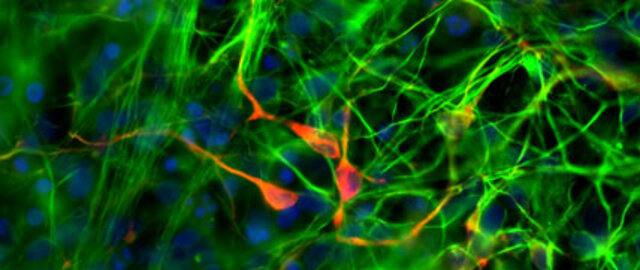
Brockmann Lab
Clinical Parkinson's Disease Research
Parkinson's disease (PD) is the second most frequent neurodegenerative disorder after Alzheimer’s disease and affects about 1 to 2 % of individuals over the age of 65. The number is steadily increasing due to demographic changes in Western countries. ...more information
-
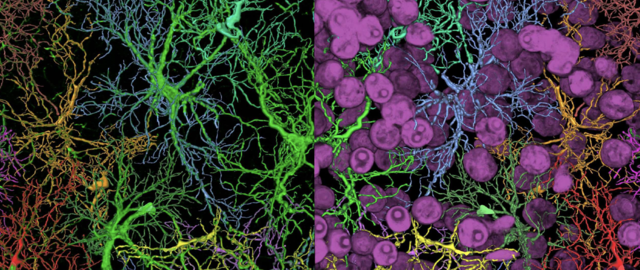
Sevenich Lab
Experimental Neuroonco-Immunology
Research in this lab is focused on tumor immunology in brain cancer in particular brain metastasis ...more information
-
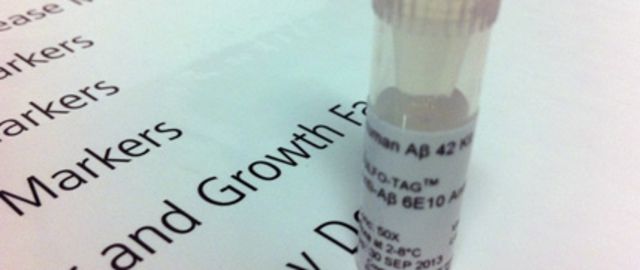
Unit
Käser Unit
Molecular Biomarkers Unit
Processes related to Alzheimer ́s disease (AD) and other age-related neurodegenerative diseases start many years before the onset of the first clinical symptoms. At the moment of the first clinical complaints, the disease has already caused ...more information
-
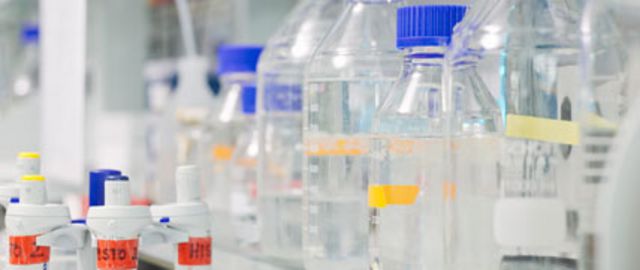
Gasser Lab
Dystonia
Dystonia is the third most common movement disorder, and mutations in a growing number of genes have been identified as causes for hereditary forms in many cases. The aim of the group, which brings together clinical experience ...more information
-
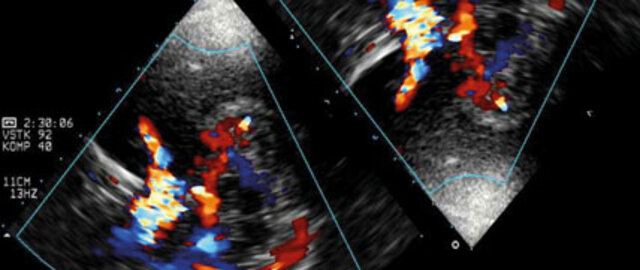
Poli Lab
Stroke and Neuroprotection
The research focus of our Stroke and Neuroprotection Laboratory is to find new and to optimize existing neuroprotective strategies ...more information
-
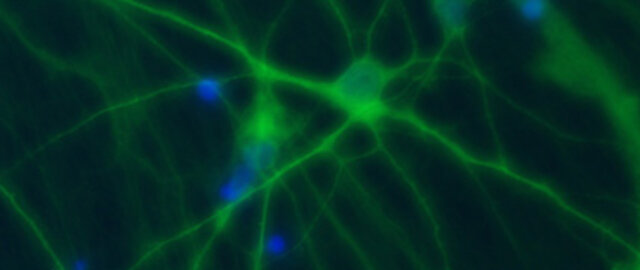
Lerche Lab
Experimental Epileptology
Our research group is interested to unravel the mechanisms of well defined, mainly genetic, neurological, paroxysmal diseases, to understand correlations with clinical symptoms and to find new treatment options. ...more information
-
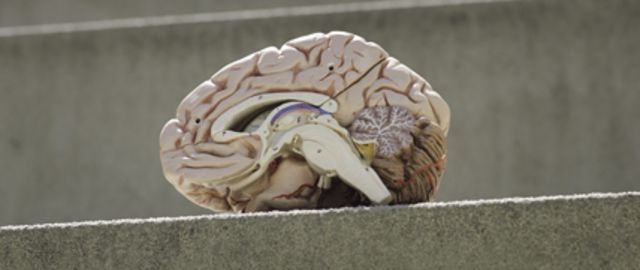
Hafed Lab
Active Perception Lab
Humans are tremendously reliant on the sense of vision to interact with their environment. Such interaction often involves the generation of motor outputs ...more information
-
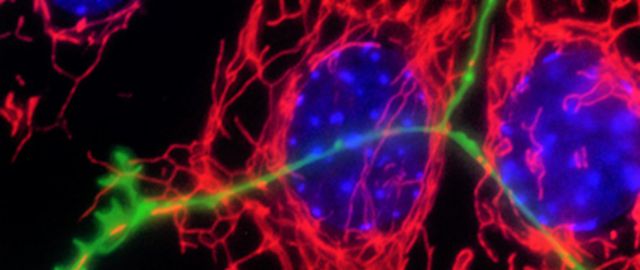
Fitzgerald Lab
Mitochondrial Biology of Parkinson’s Disease
Neurodegenerative disorders are associated in a proportion of cases with genetic risk and gene mutations. However, the vast majority …more info
-
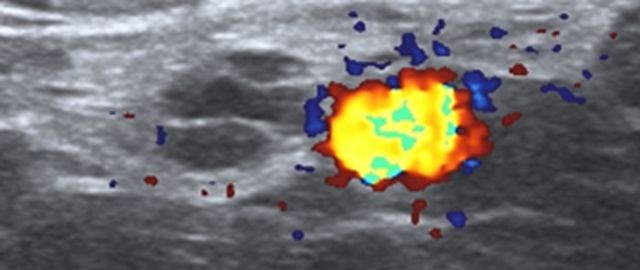
Grimm Lab
Neuromuscular Imaging Group
The group works on different projects concerning nerve imaging, particularly high-resolution ultrasound in neuromuscular disorders ...more information
-
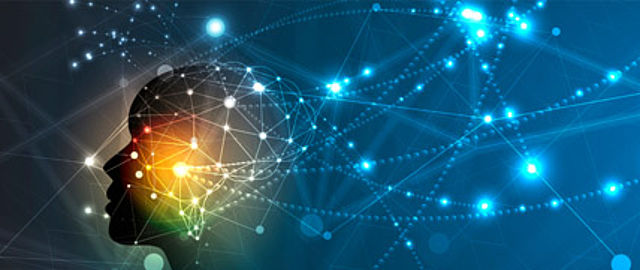
Tabatabai Lab
Laboratory for Clinical and Experimental Neuro-Oncology
The Interdisciplinary Division of Neuro-Oncology at the Hertie-Institut for Clinical Brain Research is the result of the, in the context of the Excellent Initiative, newly created W3-Professorship in Neuro-Oncology ... more information
-
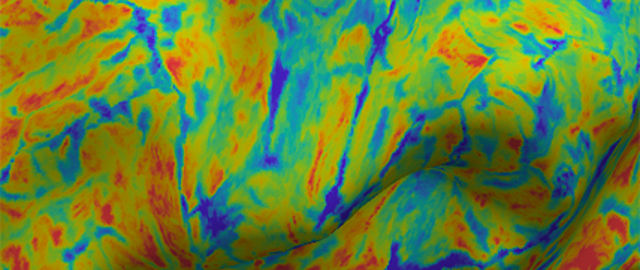
Kühn Lab
Translational Imaging of Cortical Microstructure
My Research Group uses translational MR imaging to understand how cortical microstructure links to human brain function in health and disease... more information
Research groups
-
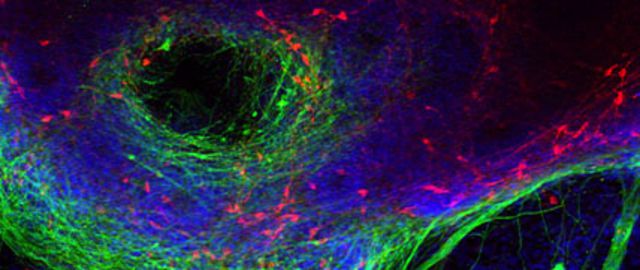
Schöls Lab
Section for Clinical Neurogenetics
Neurogenetic diseases like cerebellar ataxia, hereditary spastic paraplegia and leukodystrophy are rare disorders. ...more information
-
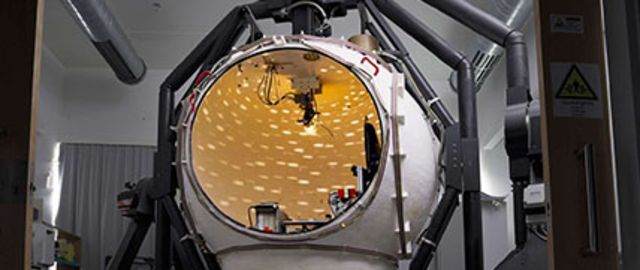
Thier Lab
Cognitive Neurology
The lab addresses a variety of topics that, at first glance, may look disparate. Yet, there is a common denominator ...more information
-
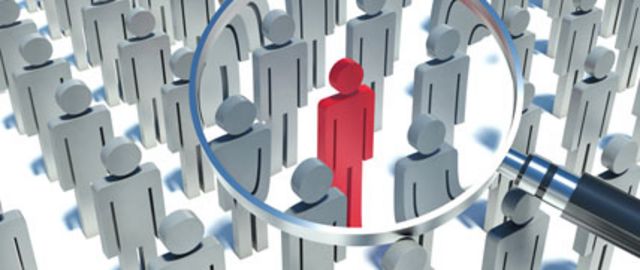
Schüle Lab
Genomic of Rare Movement Disorders
Our group specializes in rare diseases. A disease is called rare, when it affects no more than 5 of 100,000 people. However, in the grand-scheme of things, rare diseases are not quite so rare ...more information
-
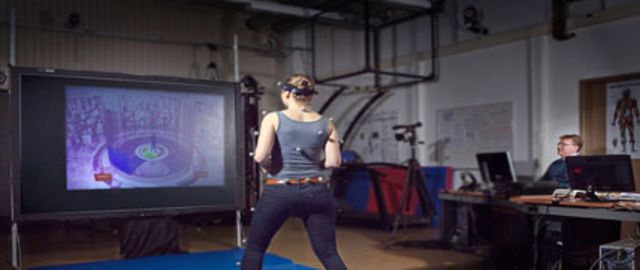
Giese Lab
Section for Computational Sensomotorics
The Section for Computational Sensomotorics investigates theoretical principles in the perception and control of motor actions. Research is organized around three main topics ...more information
-
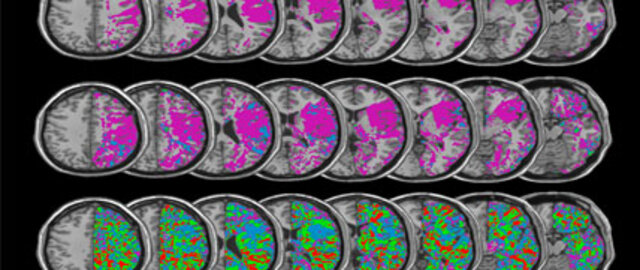
Karnath Lab
Section for Neuropsychology
The Section for Neuropsychology focuses on the investigation of spatial cognition and object recognition in humans. The current issues of our work comprise the action control and sensorimotor coordination ...more information
-
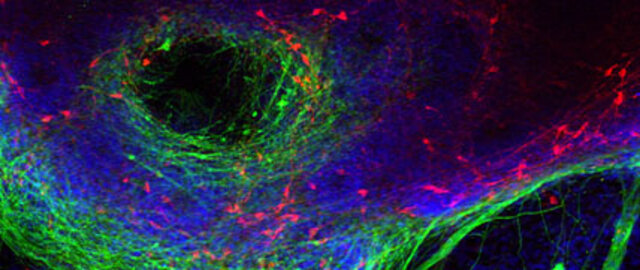
Kahle Lab
Functional Neurogenetics
Age-related neurodegenerative diseases are a severe and increasingly worrisome burden for our aging population. Most of the chronic neurodegenerative diseases ...more information
-
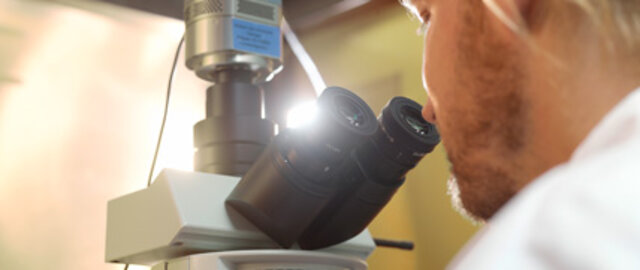
Schwarz Lab
Systems Neurophysiology Lab
The overarching goal of our work is to understand the operating principles of the neocortex, a unique brain structure, which mainly evolved in mammals. There is clear evidence that the neocortex, in the broadest sense, endows the subject with cognitive capabilities. ...more information
-
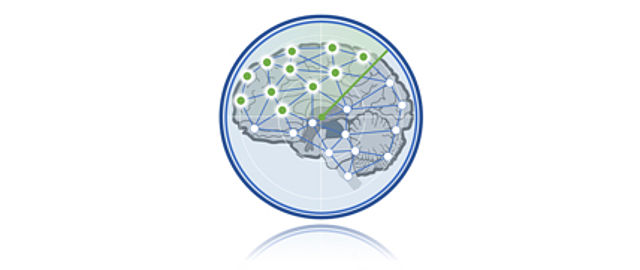
Weiß Lab
Deep Brain Stimulation
The working group aims to uncover mechanisms of action of deep brain stimulation therapy and to translate the pathophysiological insights into future developments. …more information
-
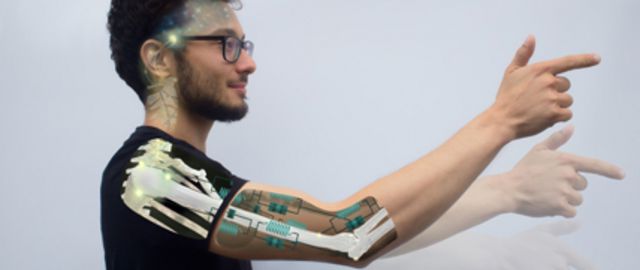
Häufle Lab
Motor Control Modeling
The research group „Multi-Level Modeling in Motor Control and Rehabilitation Robotics“ focuses on the generation and control of active biological movements. We develop ...more information
-
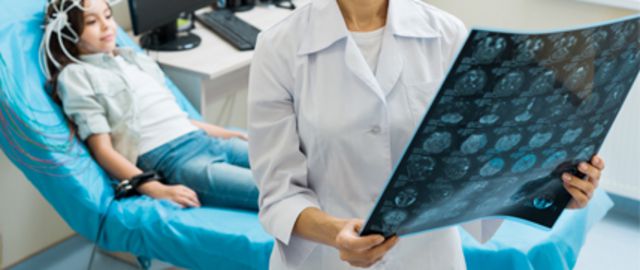
Merk Lab
Experimental Pediatric Neuro-Oncology
Brain tumors are the leading cause of cancer-related deaths in infants, children, and adolescents. Our lab is mostly focusing on embryonal brain tumors including ... more information
-
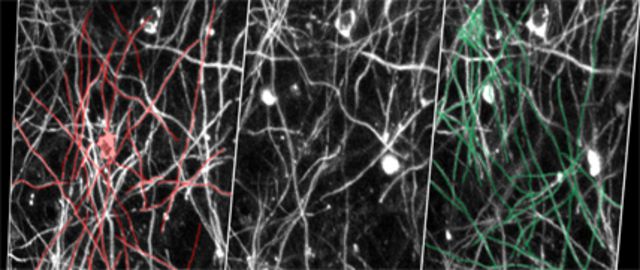
Snaidero Lab
Neuron-Glia Interactions
The goal of the Snaidero lab is to decipher and control cellular interactions between neurons and glia cells in the cortex, focussing on the dynamic processes underlying myelination. ... more information
-

Renovanz Lab
Health Care Research in Neuro-Oncology
The group focuses on the health-related quality of life, psychosocial burden and unmet needs in neuro-oncological patients. Our key question is... more information
-
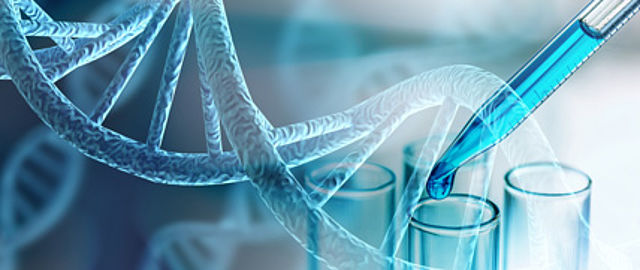
Synofzik Lab
Translational Genomics of Neurodegenerative Diseases
The translational research of our Research Division is fully geared by a systematic translational pipeline of developing therapy strategies for a broad range of genetically stratified neurodegenerative diseases ...more info
The next HIH DZNE Lunch Seminar will take place on Monday, May 6, at 1pm:
Talks:
13:00 Ziad Hafed: On the inevitability of sensory interruption
13:30 Cornelius Schwarz: Discerning state estimation and sensory gating, two presumptive predictive signals in mouse barrel cortex
Location: DZNE Seminar room



